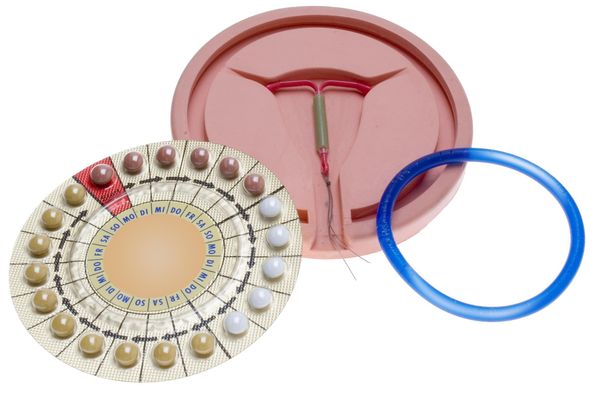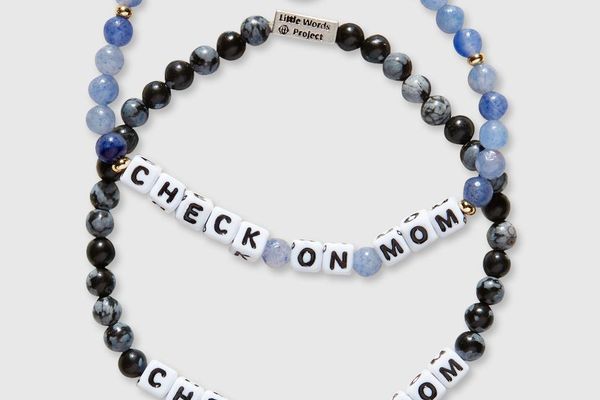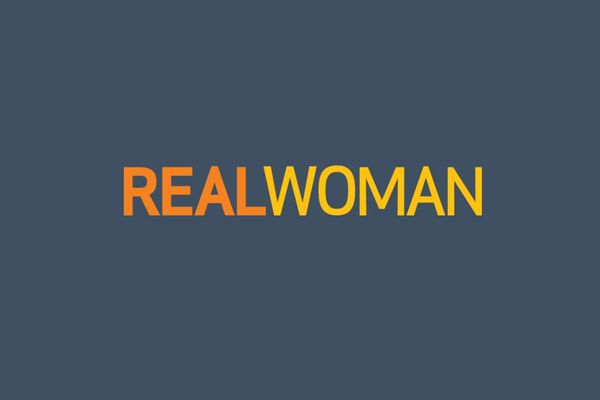While Many Women Believe They Would Survive, 40% Say Dying is Their Greatest Fear
Red Bank, NJ - A study conducted on behalf of the not-for-profit National Women's Health Resource Center (NWHRC) in conjunction with REDBOOK magazine shows that developing breast cancer is women's top health concern, with 51 percent stating they worry about it versus those who worry about heart attack (48%), diabetes (42%) and lung cancer (31%).
The national survey, conducted by Greenberg Quinlan Rosner, as part of NWHRC's new Learn. Love. Commit. breast cancer awareness campaign, found that most women are relatively confident that they could survive breast cancer but, at the same time, 40 percent of respondents report that their biggest fear if diagnosed would be dying. Additionally, two-thirds of women (66%) say they are most concerned about the treatment itself or its side effects, including those who mentioned going through chemotherapy or surgery (35%), being sick or weak (19%) or losing a breast (12%).
"While women clearly are concerned about breast cancer, roughly one quarter are still not getting annual mammograms and nearly 40 percent aren't conducting monthly self exams," said Elizabeth Battaglino Cahill, RN, executive director of NWHRC. "It's critically important for women to take charge of their health through these screenings and to understand that survivability is greatly enhanced when breast cancer is found early."
"Women, particularly moms, tend to put themselves and their health last and take care of everyone else in their lives first," said Stacy Morrison, editor-in-chief of REDBOOK. "The more they learn about their bodies and their risks, the more women will understand that protecting themselves with these key steps for prevention and early detection is the most loving thing they can do for their families and themselves."
While a majority of survey respondents (83%) report that they are somewhat or very confident that they could survive a diagnosis of breast cancer, Hispanic women (57%) are significantly less likely feel this way. Similarly, women without a college education are significantly less likely to be confident (79 percent) that they would survive a breast cancer diagnosis than college-educated women (93 percent).
Learn. Love. Commit.
To empower women with the latest breast cancer information and the confidence to translate that knowledge into action, the National Women's Health Resource Center has launched the Learn. Love. Commit. breast cancer awareness campaign:
- Learn the facts about breast cancer.
- Love your body.
- Commit to regular preventive health screenings.
As part of the Learn. Love. Commit. campaign, the NWHRC has launched a new Breast Health Center on its award-winning Web site, https://www.healthywomen.org/. Visitors can download a variety of complementary publications including tip cards on mammograms and breast cancer risks (English & Spanish); a National Women's Health Update that explores breast cancer today in terms of screenings, treatment, and prevention; and a tip card on how to properly conduct a breast self-exam (English & Spanish). The online center also includes feature articles on breast cancer, resources and questions/answers with the country's top breast cancer experts.
As part of its ongoing commitment to improve the lives of women, REDBOOK magazine has partnered with NWHRC to advance the Learn. Love. Commit. program. REDBOOK will distribute Learn. Love. Commit. breast self-exam shower cards and educational literature at several events held across the country including their "Love Your Life Lounge" mall events, which kick off in October.
The Learn. Love. Commit. campaign is supported by an educational grant from Eli Lilly, & Co.
About the survey:
The 2008 Breast Cancer Awareness Survey is a national telephone survey of 815 women, aged 30-70 years, with an oversample of 114 Hispanic women. The research was conducted by Washington, DC polling firm Greenberg Quinlan Rosner Research between February 26 and March 9, 2008. The overall margin of error is +/- 3.5 percentage points, though margins will be higher for subgroups of women.
About The National Women's Health Resource Center (NWHRC)
The not-for-profit National Women's Health Resource Center is the leading independent health information source for women. NWHRC develops and distributes up-to-date and objective women's health information based on the latest advances in medical research and practice, all of which is reviewed by leading medical specialists in the field. NWHRC believes all women should have access to the most trusted and reliable health information. Information empowers women to make the best decisions to maintain and improve their health and the health of their families.
About REDBOOK:
REDBOOK (www.redbookmag.com) magazine is the total-life guide for every woman blazing her own path through adulthood and taking on new roles—wife, mom, homeowner—without letting go of the unique woman she's worked so hard to become. Readers can also interact with the brand on the digital front, with REDBOOK mobile. REDBOOK is published by Hearst Magazines, a unit of Hearst Corporation (www.hearst.com) and one of the world's largest publishers of monthly magazines, with nearly 200 editions around the world, including 19 U.S. titles and 20 magazines in the United Kingdom, published through its wholly owned subsidiary, The National Magazine Company Limited. Hearst reaches more adults than any other publisher of monthly magazines in the U.S. (77.4 million total adults, according to MRI, Fall 2007).






